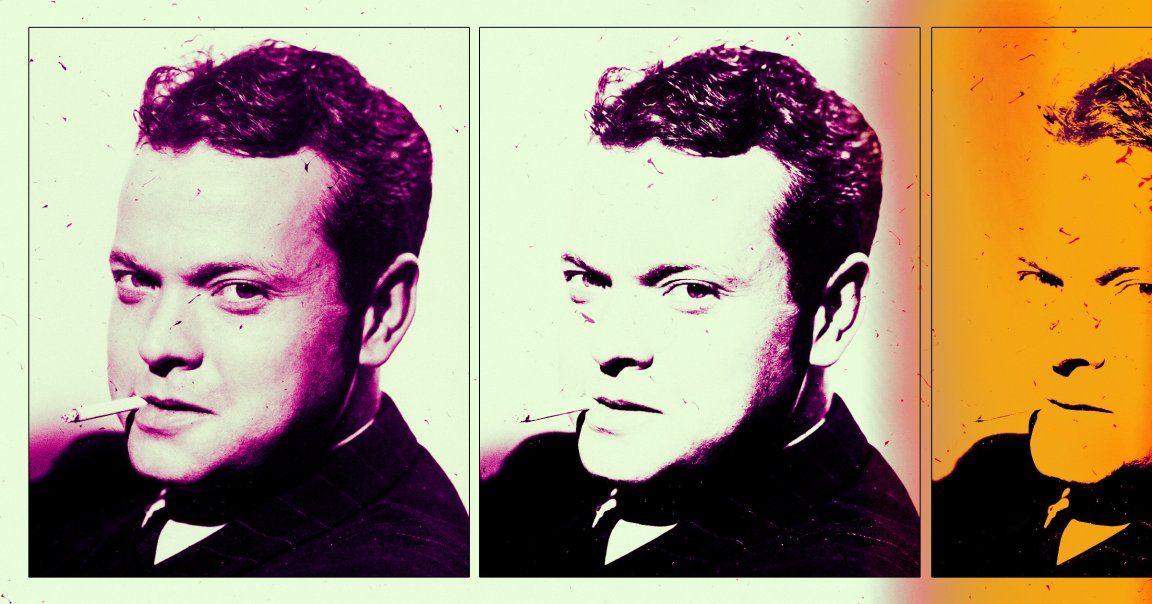
Amazon is planning to use artificial intelligence to recreate destroyed footage from Orson Welles’ 1942 film “The Magnificent Ambersons” — but the late directors’ estate is calling bull.
In a statement to Variety, a spokesperson for David Reeder, whose Reeder Brand Management handles Welles’ estate on behalf of the auteur’s daughter Beatrice, said that the family hadn’t been informed of the project, which is slated to generate with AI the final 43 minutes of the film.
Edward Saatchi, the CEO of the Showrunner AI video app that Amazon recently invested in, told CNBC‘s “Squawk Box” last week that he and indie filmmaker Brian Rose want to resurrect that “lost” footage from Welles “ruined masterpiece” and bring the film “back to life.”
They plan to do so by shooting sequences with live actors and then face-swapping their likenesses with AI recreations of the movie’s original cast. Helmed by web dev-turned-VFX maestro Tom Clive, it sounds like the “Ambersons” effects will constitute an updated version of the kind of movie magic that’s been used for everything from the inclusion of Richard Nixon and other historic figures in Forrest Gump more than 30 years ago to the posthumous CGI additions of actors Peter Cushing in 2016’s “Rogue One” — which spawned a lengthy court battle with Disney — and Carrie Fisher in “The Rise of Skywalker” in 2019.
To call “Ambersons” a lost masterpiece isn’t exactly an overstatement. Welles’ film adaptation of a 1918 Pulitzer-winning novel of the same name by author Booth Tarkington takes on societal change around the early 20th century — but his raw cut was significantly modified by Golden Age studio RKO, removing nearly an hour of footage and changing the ending to a happier one.
Though the directors’ notes for the original ending survived, the studio burned the raw footage it had removed, leaving Welles’ vision for the film slashed and his heart broken.
“They destroyed ‘Ambersons,'” the director famously lamented, “and it destroyed me.”
Though there are rumors of a copy floating around somewhere in Brazil, it does not appear that Showrunner, the “Netflix of AI,” has procured it. As such, this AI-generated resurrection is far from what Welles’ family — which collaborated earlier this year with the AI storytelling app Storyrabbit to allow it to use his famous baritone as a narrator — wants to happen.
“In general, the estate has embraced AI technology to create a voice model intended to be used for [voiceover] work with brands,” the estate told Variety through a spokesperson. “That said, this attempt to generate publicity on the back of Welles’ creative genius is disappointing, especially as we weren’t even given the courtesy of a heads up.”
“While AI is inevitable, it still cannot replace the creative instincts resident in the human mind,” the Welles estate continued, “which means this effort to make ‘Ambersons’ whole will be a purely mechanical exercise without any of the uniquely innovative thinking or a creative force like Welles.”
On the scale of celebrity AI resurrections, which range from some podcasters’ gruesome and unauthorized use of George Carlin’s voice for a “comedy special” last year to Rod Stewart’s creepy selfie homage to the recently-passed Ozzy Osbourne, this one probably isn’t the worst.
Still, it’s a shame to see an AI company treat the estate of a beloved director so inconsiderately — especially because, given their deal with Storyrabbit, the Welles family isn’t even opposed to the technology in the first place.
More on AI and entertainment: In Further Assault on Cinema, Amazon Is Deploying AI-Aided Dubs on Streaming Movies